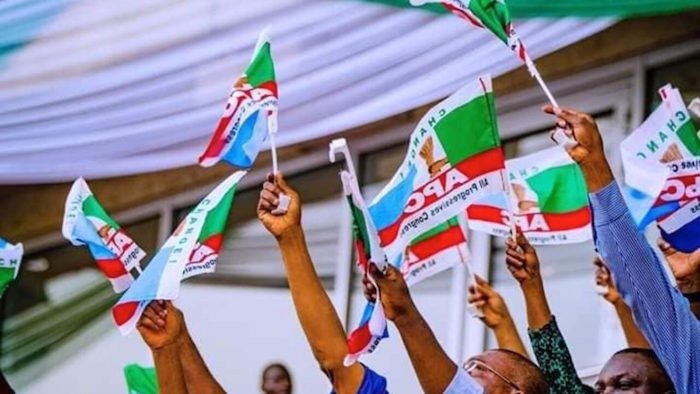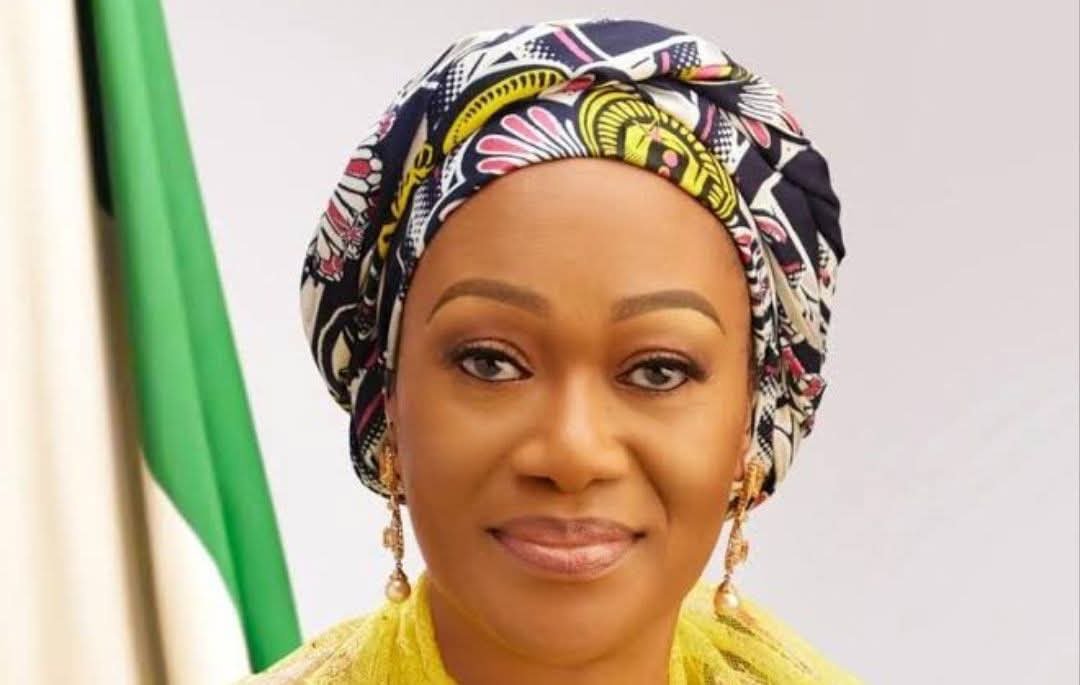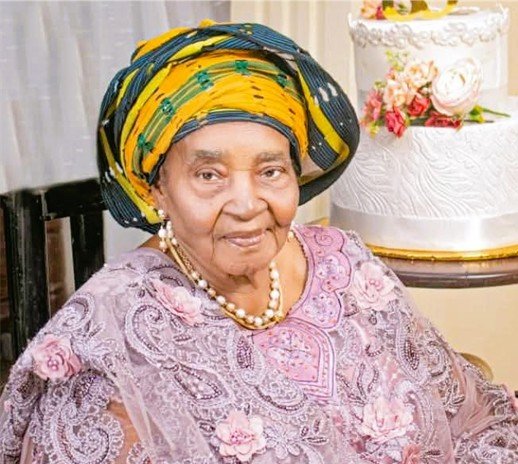
Kano APC on the Brink: A Brewing Political Storm That May Re-shape the State’s Power Dynamics.
By Bala Salihu Dawakin Kudu Democracy Newsline Newspaper.
July 23, 2025
Kano State, one of the most politically strategic states in Nigeria, is again at the center of a growing political storm that threatens to dismantle the existing order within the All Progressives Congress (APC). The state, long considered a stronghold of Northern political influence, is facing unprecedented internal fissures that could determine not just the fate of the ruling party in Kano, but potentially influence national outcomes in the next general election.
At the heart of this looming crisis is the complex web of political loyalties, rivalries, and ambitions involving Kano’s most formidable political actors—former Governor and ex-National Chairman of the APC, Dr. Abdullahi Umar Ganduje; political firebrand and former Kano Governor, Engr. Rabiu Musa Kwankwaso; Deputy Senate President, Senator Barau I. Jibrin; Senator Abdurrahman Kawu Sumaila; and House of Representatives members such as Rt. Hon. Alhassan Ado Doguwa, Hon. Kabiru Alhassan Rurum, Hon. Sani Rogo, and Hon. Sani Madakin Gini, among others.
The political climate in Kano today cannot be understood without revisiting the tenure and subsequent fallout from the leadership styles of both Ganduje and Kwankwaso. Ganduje, a two-term Governor and once a loyalist to Kwankwaso under the now-defunct ANPP and then APC, eventually turned rival in a dramatic political divorce that redefined Kano politics. Kwankwaso, charismatic and ambitious, moved on to establish the New Nigeria Peoples Party (NNPP), leading his protégé Engr. Abba Kabir Yusuf to electoral victory in 2023.
However, that victory is beginning to look pyrrhic. Governor Abba Kabir Yusuf’s administration has been embroiled in controversy, particularly over the wide-scale demolition exercises carried out across major commercial and residential areas in Kano, including Katin Kwari, Rimin Dan Zakara, and behind Kano Polytechnic. Markets were flattened, businesses destroyed, and livelihoods shattered in a move the administration claimed was to reclaim public land. But to the business community and many residents, it was a brutal act of political vengeance and economic sabotage.
This single issue has created widespread resentment among Kano citizens and may come to define the 2027 election narrative. The fallout has not only weakened the NNPP’s image but also placed Kwankwaso in a tight corner.
Amid mounting pressure and the rising dominance of a resurgent African Democratic Congress (ADC) in Kano, reports suggest that Kwankwaso is in advanced talks to return to the APC, a move that is both desperate and dangerous. The rationale is clear: his grip on the NNPP is loosening, his alliance with Governor Abba Kabir Yusuf is under scrutiny, and his legacy is at risk.
Should Kwankwaso return to the APC, he would seek nothing less than total control over the party’s structure in Kano, sidelining existing APC stakeholders—many of whom he once clashed with. This includes Ganduje, Senator Barau, Senator Kawu Sumaila, and popular Reps like Doguwa and Rurum, all of whom bear the scars of political battles with Kwankwaso and are unlikely to submit to his leadership.
The internal wrangling in Kano APC has reached fever pitch. At least 65% of APC grassroots loyalists are strongly opposed to any alliance with Kwankwaso. The possibility of his dominance has already triggered threats of anti-party activities, mass defections, and internal sabotage.
Additionally, Kwankwaso is known for not forgetting political disloyalty. His rumored return to APC is already sending shockwaves among those who openly challenged him, including Deputy Senate President Barau Jibrin and other Kano political heavyweights. There is growing fear that a Kwankwaso-led APC would prioritize revenge, not reconciliation.
Furthermore, former Governor Ganduje, recently ousted as APC National Chairman, reportedly feels betrayed by the presidency and party leadership. His camp is fuming over his removal, and his supporters may refuse to mobilize for the re-election of President Bola Ahmed Tinubu in protest. Ganduje’s political base—solid, loyal, and deeply rooted—cannot be ignored.
Adding fuel to the fire is the exclusion of powerful grassroots figures like His Excellency Murtala Sule Garo, fondly called “Commander AK Yaki Sai Da Kwamanda,” and the removal of former State House Minister Abdullahi Tijjani Gwarzo. These developments are pushing Kano APC deeper into a leadership vacuum with multiple power blocs pulling in different directions.
As the APC continues its internal struggle, the African Democratic Congress (ADC) is quietly consolidating power. With aggrieved NNPP and APC members decamping, ADC is emerging as a new political force in Kano. Some insiders predict that up to 40% of current NNPP loyalists could shift to ADC, while disillusioned APC loyalists may either abstain from the 2027 elections or work behind the scenes to sabotage the party.
If unresolved, this crisis could result in the loss of Kano State—a vital voting bloc—for the APC in the next general elections. The grassroots, particularly the business community who suffered under Governor Abba Kabir’s demolition policies, are unlikely to forgive or forget.
Kano State is currently navigating a volatile political intersection. Kwankwaso’s potential return to the APC could either solidify the party’s grip on the state or destroy it from within. Ganduje’s loyalists are waiting for clarity from the national party, and the lack of cohesive leadership is breeding distrust and defection.
Mr. President, Bola Ahmed Tinubu, faces a delicate situation: embrace Kwankwaso and risk alienating APC’s core base in Kano, or reject him and watch the ADC grow stronger. Either path comes with consequences.
Kano is not just another state; it is a political powerhouse. What happens in Kano reverberates throughout the national political scene. For now, all eyes are on the political wrestling match unfolding in the ancient city.
Only time will tell who emerges victorious—or if Kano will break the chains of its political past to forge a new destiny.


